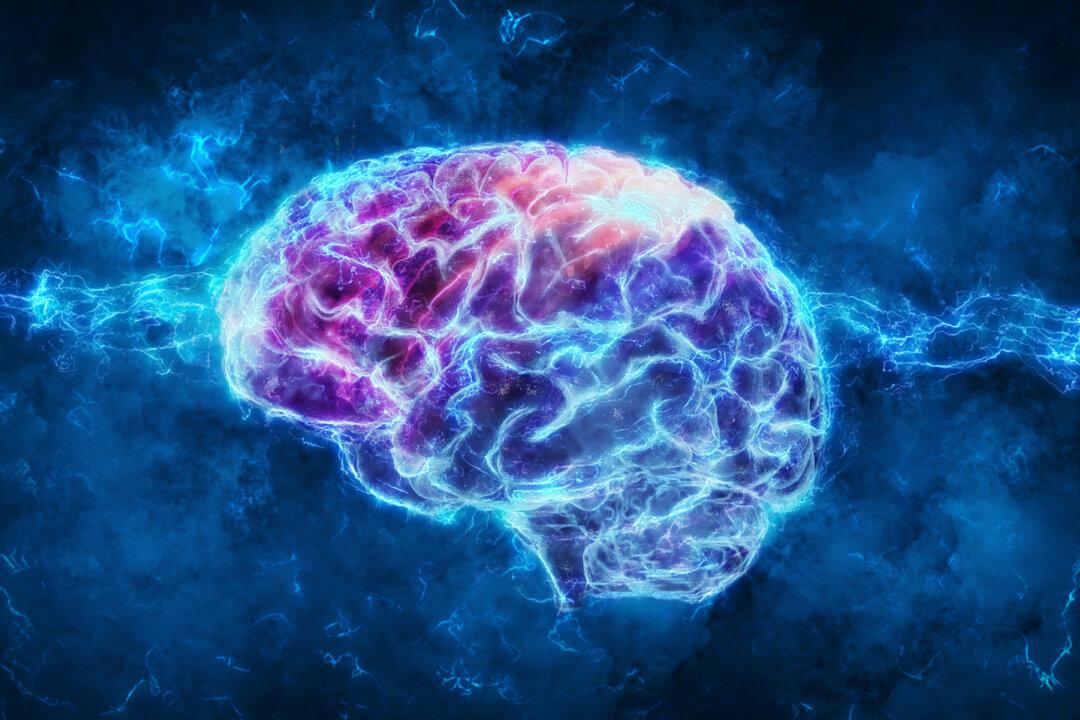In research led by the University of Queensland (UQ), COVID-19 was shown to activate the same inflammatory response in the brain as Parkinson’s disease and create a future potential risk for neurodegenerative conditions.
Prof. Trent Woodruff, who led the research team of over 33 scientists from across UQ and around the world, said in a news release that when the team infected brain immune cells with SARS-CoV-2, which is the virus responsible for COVID-19, they discovered that the cells became aggravated.




